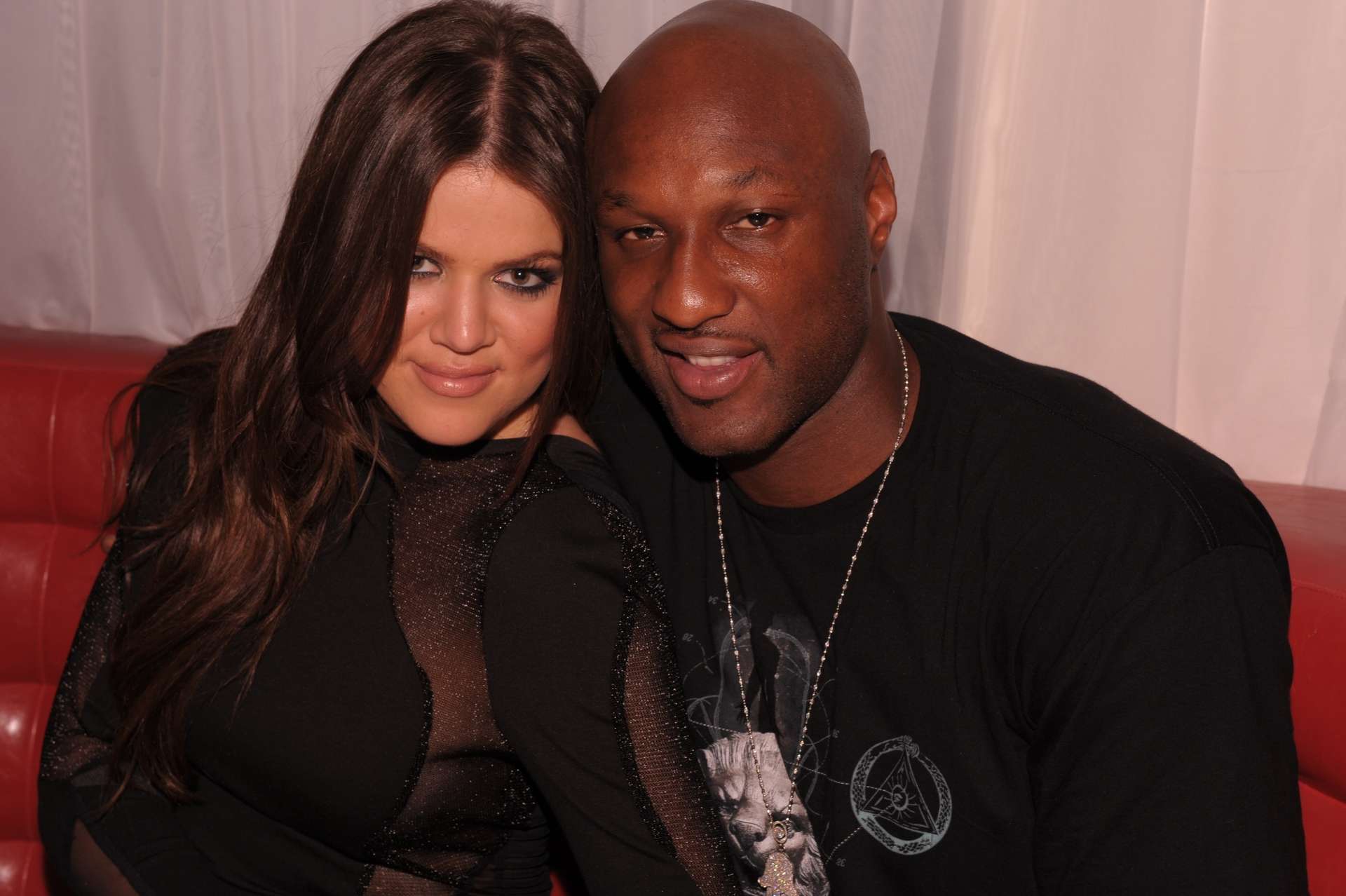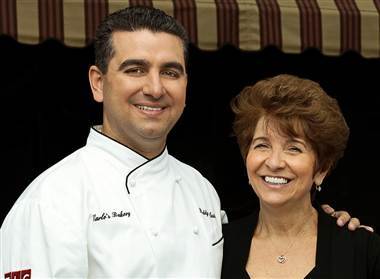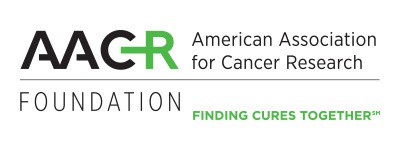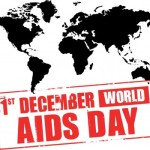Khloe Kardashian to Begin IVF Treatments

Kourtney Kardashian announced last week that she and boyfriend Scott Disick are having their second child.
This news was bittersweet for younger sister Khloe.
Khloe Kardashian, 29, has been married to LA Lakers star Lamar Odom for two years, and she is reportedly desperate to have a child with him. An insider told Us Magazine:
She’s thrilled for Kourtney, but she’s really sensitive. And it’s hard to see your sister get something you want so badly.
We are now told that Khloe and Lamar are about to begin IVF treatments. The couple began consultations with doctors in September, and will pay $10-15,000 for each procedure. They are very hopeful the IVF will work for them. According to Khloe:
For two years, people have been wanting me to get pregnant. People keep saying, ‘Why aren’t you pregnant yet?’ That’s what scares me, when people are like, ‘Did you go to the doctor? Do you know if everything is working?… It’s nerve-wracking. Sometimes I feel like I’m letting everyone down.
Does Khloe have PCOs? While that information hasn’t been released to the public, PCOs is one of the most common causes of infertility in women, affecting the likes of Victoria Beckham, Jillian Michaels & Kate Gosslin just to name a few
How long does it usually take to get pregnant?
People often believe that “first time’s a charm” for many couples. Obviously this can happen, but for most couples this is not the case. The average length of time until conception is six months for women under 35 and 85% will become pregnant by one year. Put another way, for a woman in her twenties (at the peak of fertility) there is a 20% chance of getting pregnant each month. For women over 35 years old, this drops dramatically, and by age 40, the chance of getting pregnant in any given month is just 5% .
What is infertility?
Infertility means not being able to get pregnant after one year of trying (or six months if a woman is 35 or older). Women who can get pregnant but are unable to stay pregnant may also be infertile.
Pregnancy is the result of a process that has many steps. To get pregnant:
- A woman’s body must release an egg from one of her ovaries (ovulation).
- The egg must go through a fallopian tube toward the uterus (womb).
- A man’s sperm must join with (fertilize) the egg along the way.
- The fertilized egg must attach to the inside of the uterus (implantation).
Infertility can happen if there are problems with any of these steps.
How frequent is infertility?
According to the Centers for Disease Control and Prevention (CDC), about 10 percent of women (6.1 million) in the United States ages 15-44 have difficulty getting pregnant or staying pregnant.
However, in couples experiencing difficulty trying to conceive, the problem lies equally with both the man and the women, with both female and male factors accounting for 30% of infertile couples.
What causes infertility in women?
Most cases of female infertility are caused by problems with ovulation. Without ovulation, there are no eggs to be fertilized. Some signs that a woman is not ovulating normally include irregular or absent menstrual periods.
Ovulation problems are often caused by polycystic ovarian syndrome(PCOS). PCOS is a hormone imbalance problem which can interfere with normal ovulation. PCOS is the most common cause of female infertility.
Primary ovarian insufficiency (POI) is another cause of ovulation problems. POI occurs when a woman’s ovaries stop working normally before she is 40. POI is not the same as early menopause.
Less common causes of fertility problems in women include:
- Blocked fallopian tubes due to pelvic inflammatory disease, endometriosis, or surgery for an ectopic pregnancy
- Physical problems with the uterus
- Uterine fibroids, which are non-cancerous clumps of tissue and muscle on the walls of the uterus.
What things increase a woman’s risk of infertility?
Many things can change a woman’s ability to have a baby. These include:
- Age
- Smoking
- Excess alcohol use
- Stress
- Poor diet
- Athletic training
- Being overweight or underweight
- Sexually transmitted infections (STIs)
- Health problems that cause hormonal changes, such as polycystic ovarian syndrome and primary ovarian insufficiency
What causes infertility in men?
Infertility in men is most often caused by:
- A problem called varicocele. This happens when the veins on a man’s testicle(s) are too large. This heats the testicles. The heat can affect the number or shape of the sperm.
- Other factors that cause a man to make too few sperm or none at all.
- Movement of the sperm. This may be caused by the shape of the sperm. Sometimes injuries or other damage to the reproductive system block the sperm.
What increases a man’s risk of infertility?
A man’s sperm can be changed by his overall health and lifestyle. Some things that may reduce the health or number of sperm include:
- Heavy alcohol use
- Drugs
- Smoking cigarettes
- Age
- Environmental toxins, including pesticides and lead
- Health problems such as mumps, serious conditions like kidney disease, or hormone problems
- Medications
- Radiation treatment and chemotherapy for cancer
No matter what the cause, couples with infertility issues often have a long and difficult road to travel to achieve their goal of having children. Fortunately, many more options are available today than in years past.
Even adoptions, something people did not speak about in the past, have become “fashionable” due to the high profile adoptions by celebrities such as Angelina Jolie and Brad Pitt, Sandra Bullock, Madonna, and Katherine Heigl.
I’ve put together a Resounding Health Casebook on Infertility with links to causes, treatment options, and support groups. I hope you will find it useful.
Have you had a successful infertility journey? An unsuccessful one? What was most/least helpful to you?



























1 Comment